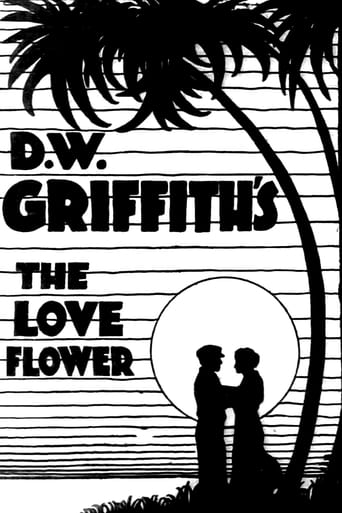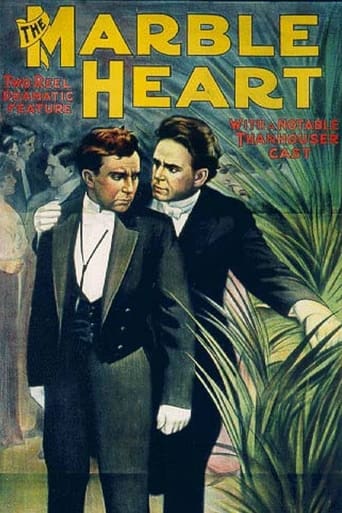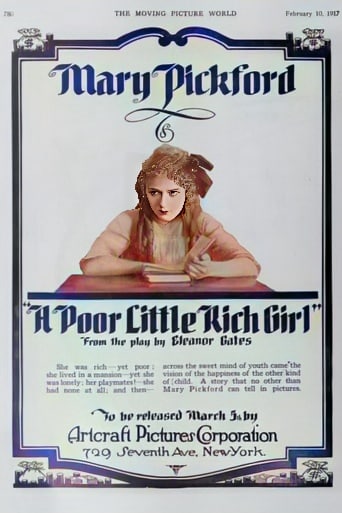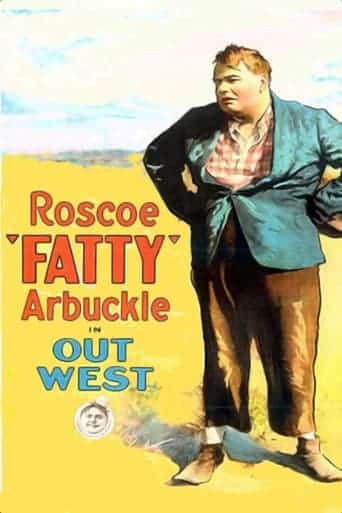The Pawnshop (1916)

 “The Pawnshop” (1916), a silent comedy film directed by and starring the legendary Charlie Chaplin, stands as a testament to Chaplin’s comedic genius and his ability to turn ordinary situations into sources of hilarity.
“The Pawnshop” (1916), a silent comedy film directed by and starring the legendary Charlie Chaplin, stands as a testament to Chaplin’s comedic genius and his ability to turn ordinary situations into sources of hilarity.
With a stellar cast including Henry Bergman, Edna Purviance, John Rand, Albert Austin, and Eric Campbell, the film unfolds as a riotous series of misadventures within the confines of a pawnshop.
At the heart of the narrative is Charlie, the bumbling and endearing shop assistant whose antics provide a canvas for Chaplin’s trademark physical comedy. The film kicks off with Charlie engaging in a friendly competition with his fellow shop assistant, leading to a series of slapstick encounters and comical one-upmanship. Despite their rivalry, Charlie is fired by the pawnbroker, played by Henry Bergman, only to be rehired shortly thereafter.
The central plot of “The Pawnshop” revolves around Charlie’s antics within the pawnshop, where he nearly destroys everything, including himself, in the process. Chaplin’s mastery of physical comedy is on full display as he navigates the chaotic environment with a perfect blend of clumsiness and charm. The pawnshop becomes a playground for Chaplin’s expressive face, nimble movements, and comedic timing.
One of the film’s memorable sequences involves Charlie’s attempt to examine a client’s clock in great detail. In typical Chaplin fashion, this seemingly simple task escalates into a symphony of slapstick humor, with Charlie inadvertently wreaking havoc on the clock and the shop. The precision and inventiveness of Chaplin’s physical comedy in this scene exemplify his unparalleled ability to find humor in the mundane.
Adding to the chaos is Eric Campbell, a frequent collaborator with Chaplin, who plays a burglar captured by Charlie in the pawnshop. The interaction between the two comedians adds an extra layer of humor to the film. Campbell’s imposing presence and Chaplin’s nimbleness create a dynamic comedic duo, and their scenes together highlight the brilliance of their on-screen chemistry.
Edna Purviance, a regular leading lady in Chaplin’s films, contributes to the narrative as well, providing a romantic subplot that intertwines with the comedic chaos. Purviance’s on-screen presence and chemistry with Chaplin add a touch of sweetness to the film, balancing the slapstick with moments of tenderness.
“The Pawnshop” is a prime example of Chaplin’s ability to transform ordinary situations into comedic gold. The film is a showcase of visual gags, clever use of props, and the physical dexterity that made Chaplin an iconic figure in the world of silent cinema. His unique brand of humor transcends language barriers, making his films accessible and enjoyable for audiences worldwide.
Chaplin’s directorial vision is evident in the film’s pacing and structure. Each comedic set piece seamlessly flows into the next, creating a narrative that is both engaging and uproarious. The episodic nature of the film allows Chaplin to explore a variety of comedic scenarios within the confines of the pawnshop, keeping the audience entertained from start to finish.
Beyond the laughter, “The Pawnshop” also reflects the social and economic realities of its time. Set against the backdrop of a pawnshop, the film subtly comments on the struggles of individuals dealing with financial hardship and the role of such establishments in their lives. Chaplin’s ability to infuse social commentary into his comedies adds depth to the film without sacrificing its comedic appeal.
In conclusion, “The Pawnshop” (1916) remains a classic example of silent film comedy, showcasing Charlie Chaplin’s unparalleled talent as both a director and a performer. The film’s timeless humor, memorable characters, and inventive slapstick make it a standout in Chaplin’s extensive filmography. As a cinematic gem that continues to elicit laughter and appreciation, “The Pawnshop” stands as a testament to Chaplin’s enduring legacy in the world of comedy and filmmaking.
Release Date: October 2nd, 1916
Main Cast Members
Charlie Chaplin (Pawnbroker’s Assistant)
Henry Bergman (The Pawnbroker)
Edna Purviance (Pawnbroker’s Daughter)
John Rand (The Other Assistant)
Eric Campbell (A Thief)
Albert Austin (Clock Client)
Charlotte Mineau (Fishbowl Client)
James T. Kelley (An Old Actor)
Frank J. Coleman (Policeman)

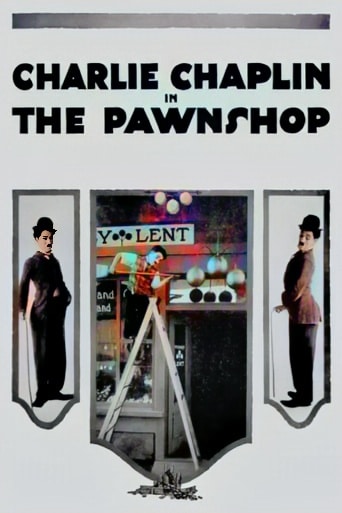 “The Pawnshop” (1916), a silent comedy film directed by and starring the legendary Charlie Chaplin, stands as a testament to Chaplin’s comedic genius and his ability to turn ordinary situations into sources of hilarity.
“The Pawnshop” (1916), a silent comedy film directed by and starring the legendary Charlie Chaplin, stands as a testament to Chaplin’s comedic genius and his ability to turn ordinary situations into sources of hilarity.